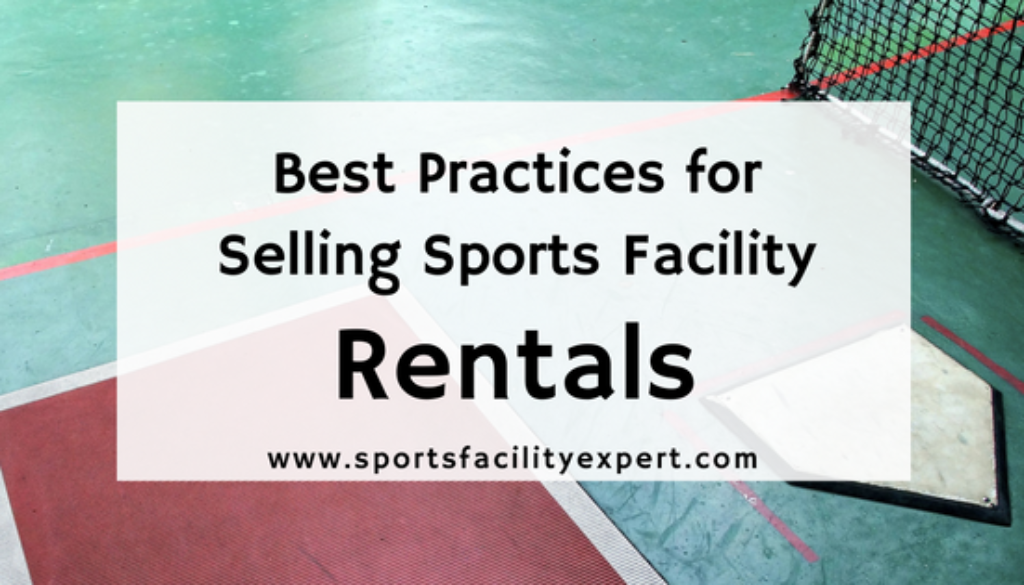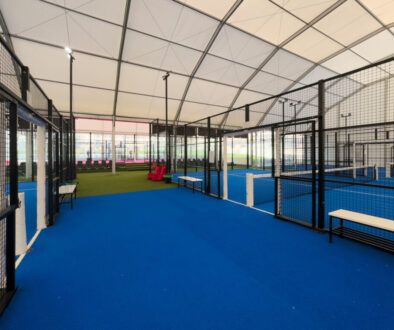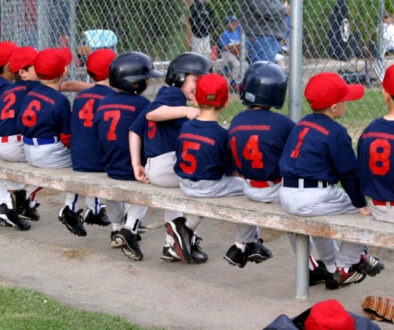7 Best Practices for Selling Sports Facility Rentals
Rentals are a major source of income for most of our sports facilities. They’re also a nice complement to the services that require more energy to run, such as classes and camps.
However simple rentals may seem, though, they’re also more likely than any other service to ruin your profit margins.
Use these best practices for marketing and scheduling rentals to maximize your profits.
Prioritize more profitable activities
Training, either group or private, tends to bring in more money relative to the expense compared to rentals.
For that reason, it helps to think of rentals as a valuable secondary income — a supplement to your other programming.
Make sure you’ve blocked off time for your planned programs and more profitable activities before you make any space available for rent.
You can also allow clients to book lessons farther in advance than they can book rentals. A scheduling software like eSoft Planner can do this for you automatically.
Change rental rates seasonally
If the demand for rental space at your facility changes throughout the year because of weather, school schedules or sports schedules, you can change prices to reflect that.
Some of those changes may be in the form of sale prices and special discounts for slow times, but it’s OK to make the price changes part of a regular annual schedule. You can remind customers of upcoming increases to encourage them to buy.
Routine price changes like this can get tricky without the help of scheduling software that can change pricing automatically based on seasons and times of day.
Send weather reminders
Local sports teams run into last-minute problems with their practice space all year long.
In the summer, it could be too wet, storming or even too hot. Other times, it can get unexpectedly cold. There are also random scheduling problems that shut teams out of their local gyms.
When you know that teams or coaches will be considering cancelling practice, remind them that you’re available as an alternate location. Send an email to all your contacts if bad weather is coming, or reach out to coaches directly.
Don’t neglect marketing
As you know, I love the cost-effective marketing methods of email, social media and web search visibility — and you can use all of those methods to promote your rentals.
One tactic that’s especially useful is sending a certain list of clients an email when there’s a last-minute rental opening. I wrote an entire post on the topic here.
You can also email your clients to remind them about prices going up soon, or to urge them to book space before it fills up for the busy season.
Upsell
Make your rentals more profitable by offering to include something extra.
For batting cages, that might mean an upgrade to real leather baseballs or the use of a special pitching machine. For a turf rental, you could offer added instruction by your staff, or the bonus use of the weight training area. If someone is renting the field for a party or for another personal use, concessions can be a great add-on.
If you offer add-ons in a convenient way for your clients as they’re checking out, it’s easier to for them to buy.
Lock anchor tenants in as early as possible (incentives to book early)
The bigger your space, the more important it is to make sure your overhead expenses are covered for the upcoming months so you can keep your doors open. (Related Post: Operating Cash)
To do that, consider offering great deals for the first tenants willing to commit early. To fill more dates and space, group rentals together into packages using eSoft Planner or another scheduling software for sports facilities.
Just make sure clients understand they’re getting a special package rate and that they’ve read the refund and cancellation policy.
Enforce upfront payments and a cancellation policy
This is one of the most basic tenets of sports facility ownership.
The losses from late cancellations and no-shows can drain up to 13% of potential revenue from your sports facility, according to what I found when I looked into the issue for a client. Collecting payments upfront and having a clear cancellation policy are the most effective tactics to fight those losses.
This is especially important when the rental is for a team taking up your whole field. Those potential losses are too big to ignore.
I’d suggest requiring upfront payment in full with no refund unless they give you at least 24 or 48 hours’ notice. You can vary the terms based on the size of the rental and whether they got a discount on it originally.
Some owners decide to forgive one or two make-ups before they enforce their policy. You can do whatever works for you, as long as you stay consistent.
eSoft Planner, the software my company built for sports facilities, can handle every aspect of rentals, from a cancellation policy that automatically gives refunds to the option to add upsell products to rentals. Click here to request a custom demo.



